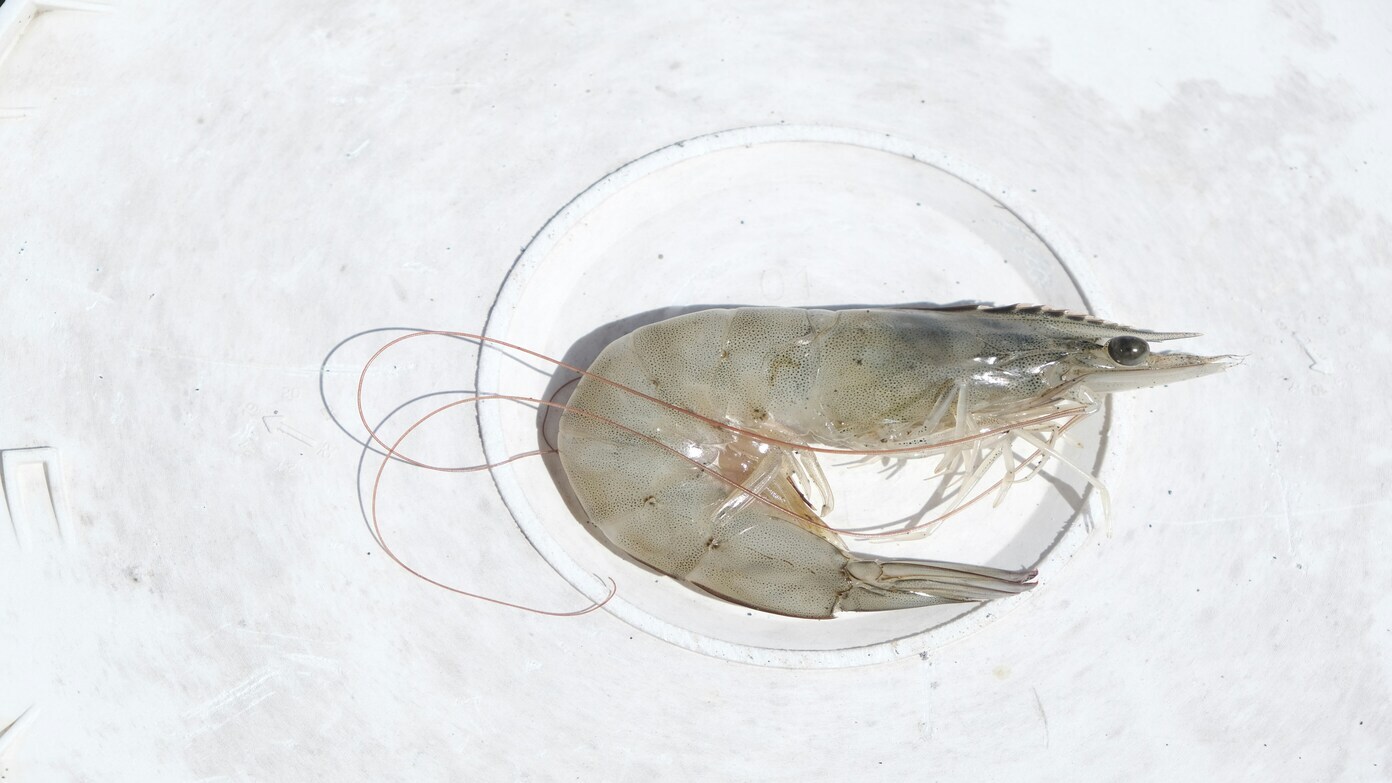Shrimp recall widens due to possible radiation exposure
Increasing numbers of shrimp items are being pulled from the shelves of grocery stores across the United States after the Food and Drug Administration (FDA) issued another alert about possible radiation contamination.
The newest one is AquaStar, a Seattle-area seafood company, recalling its frozen shrimp because of possible exposure to “extremely low levels” of cesium-137 (Cs-137), a radioactive isotope that in sufficient quantities can be deadly.
The FDA indicated that the recall is being done out of precaution and assured that there have been no reported illnesses or health concerns yet. Shrimp eaters who purchased the suspect shrimp are instructed not to consume it and return it to a store or throw it away safely.
Read this later: Americans have less than a month to claim $6,500 from Panera Bread’s $2.5 million compensation package – Here are the requirements to apply for…
Which products are affected
The recalled shrimp fell under a series of well-known brand names, including AquaStar, Publix, Best Yet, and Waterfront Bistro. According to the FDA, the products had been shipped nationwide to grocery stores and seafood stores.
The lot numbers and “best by” dates are printed on the package. These become accessible through the FDA’s website. Consumers can check the agency’s recall web page to determine if the shrimp purchased is included in the recall.
The agency emphasised that only some of the frozen shrimp items are being recalled and not all the other seafood products under such brands, which remain safe for consumption.
What is caesium-137?
Caesium-137, or Cs-137, is a radioactive man-made isotope produced by nuclear fission — the same nuclear fission used in nuclear power stations and weapons testing.
While trace amounts of Cs-137 can naturally appear in the environment, the FDA reported that elevated levels are occasionally found in foods from areas that are contaminated or transported through contaminated regions.
In this case, regulators assume the shrimp would have been contaminated due to radiation during transportation or processing and not during farming. The FDA underscored that the amounts found were very small and “unlikely to pose a significant health risk.” However, the agency stated it acted out of precaution for consumer health.
Read this later. Checks of up to $5,000 being paid this month in Wells Fargo phone call settlement case.
Previous shrimp recalls due to radiation
It is not the first time that shrimp products have been pulled from the shelves of U.S. stores for radiation concerns. Here is what you should know: Walmart’s Great Value brand also made a similar recall in August 2025 after Cs-137 was detected in shipping containers at several U.S. ports.
Just a month after that, in September, more than 85,000 pounds of frozen shrimp marketed in Kroger stores in 31 states were also recalled when the same chemical was found through port inspections.
The two incidents prompted the FDA to increase its inspection and testing of imported seafood, particularly shrimp, which makes up a significant majority of seafood imports in America.
The FDA’s ongoing response
The FDA continues to work with seafood distributors and importers to trace the path and route in which the shrimp may have become contaminated with radiation. While the agency is maintaining that the risk of contamination is low and contained, it is urging companies to boost safety checks and examinations at all levels of production and shipping.
The agency also reassured consumers that the entire seafood supply in the United States remains safe to eat. Radiation testing is part of routine federal food safety procedures, and any product with readings over acceptable limits would not be allowed to be sold.
Shoppers who are concerned about the recall can contact AquaStar’s customer service or visit the FDA’s official recall website for exact product details, including affected UPC codes and expiration dates.
Must read: Good news for some student loan borrowers as forgiveness emails go out from the Department of Education.
What consumers should do
If you purchased shrimp with AquaStar, Publix, Best Yet, or Waterfront Bistro labels, check the package for the lot number and best-by date. If your product is one of the FDA-listed:
- Do not consume the shrimp.
- Take it back to the store for a complete refund, or
- Dispose of it properly following local waste procedures.
While no one has become ill, the FDA advises consumers to take the recall seriously as part of usual food safety protocols.
With an investigation underway, consumers are encouraged to stay in the know through official FDA announcements. Meanwhile, the agency states that this recall is precautionary, and there is no reason to believe that the bigger seafood supply is at risk.
Here is an interesting read: Deadline approaching to claim $2,500 from major data breach settlement

